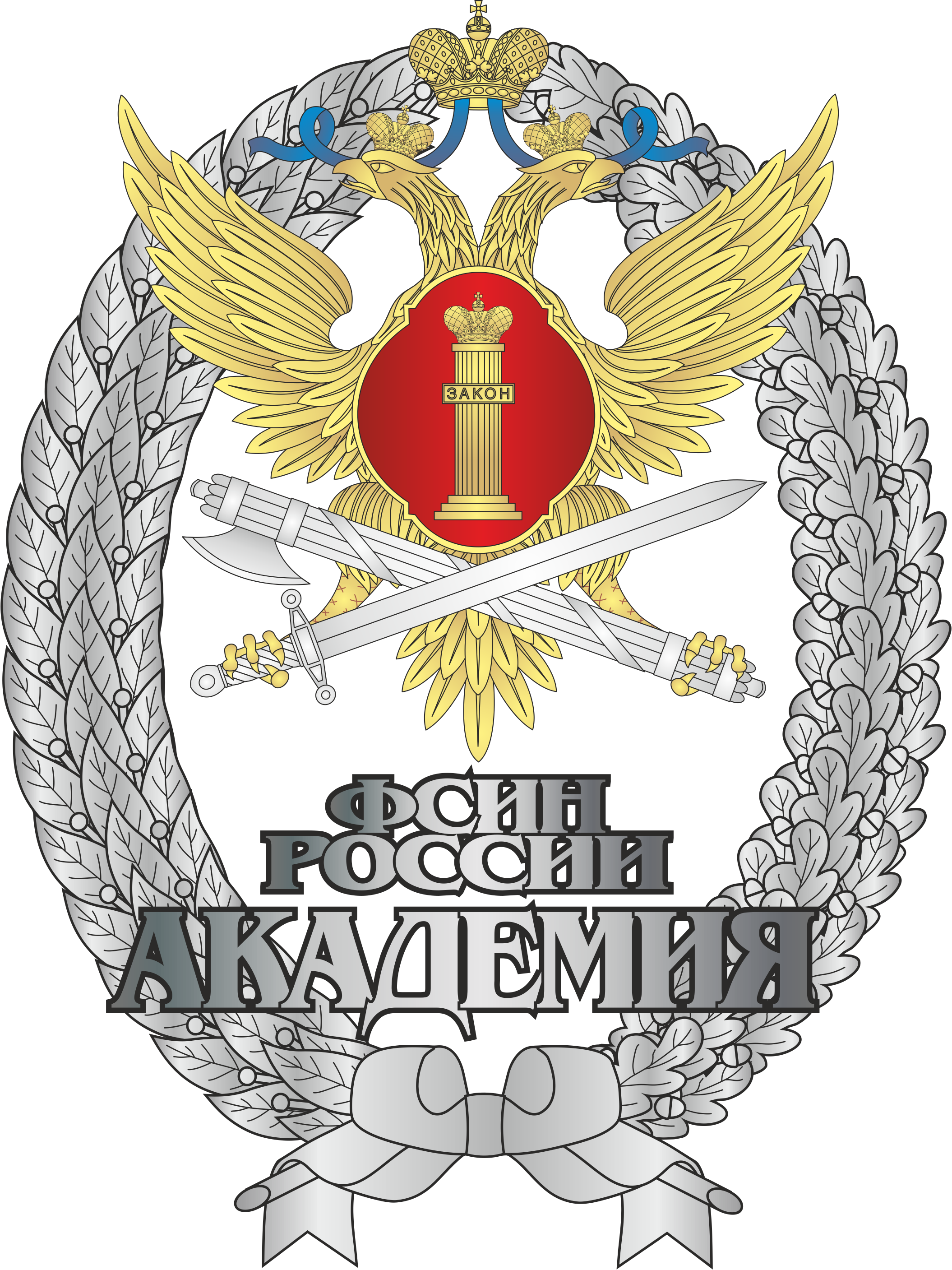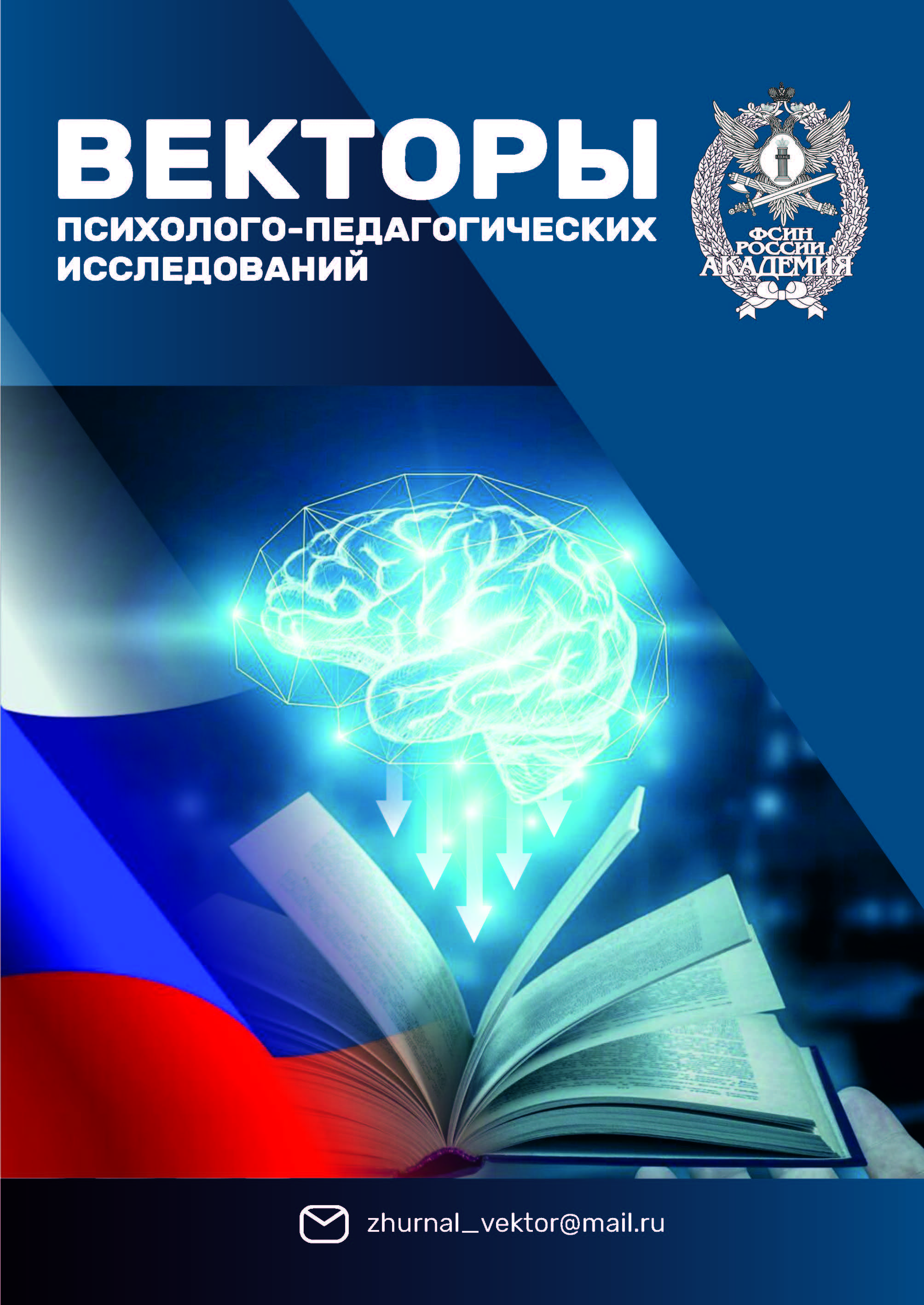UDC 372.881.1
The article discusses the pedagogical technology of forming the communicative competence of future engineers of information communication technologies and special communication systems in the process of learning a foreign language. Aim: to increase the level of professional training of future engineers in the field of information and communication technologies and special communication systems by developing their ability to effectively interpersonal and professional communication in a foreign language and intercultural environment, the formed communicative competence will enable future engineers to improve oral speaking, replenish vocabulary with specific terms, present various information technologies, take part in scientific and technical conferences, practical conferences etc. Methods: analysis of scientific and pedagogical literature, pedagogical observation, questioning, comparative analysis, design of pedagogical technology, pedagogical experiment. Results: the development of pedagogical technology for the formation of communicative competence of future engineers in the field of information and communication technologies and special communication systems in the process of learning a foreign language. Conclusions: based on the studied material, we presented the developed pedagogical technology for the formation of communicative competence of future engineers in the process of learning a foreign language, consisting of four blocks: targeted, theoretical, organizational and meaningful and diagnostic. We revealed the need for systemic, competence-based, activity-based, personality-oriented, humanistic and culturological approaches, the use of general didactic and special principles.
communicative competence, pedagogical technology, general didactic principles, specific principles, competence approach, personality-oriented approach, humanistic approach, cultural approach
1. Bozvanova, E. I. 2011, ‘Competence-based approach in the training of a modern specialist’, in Actual tasks of pedagogy : materials of the International scientific conference, pp. 174–176, Chita.
2. Garmash, E. N. 2020, Formation of tutor competence of future teachers of foreign languages in the process of professional training: PhD thesis (Pedagogical Sciences), Slavyansk.
3. Golovko, S. A. 2019, Formation of the managerial culture of future masters in management in the process of professional training: PhD thesis (Pedagogical Sciences), Slavyansk.
4. Shabanova, Yu. A. 2014, On the system approach in higher education: textbook for master's degree students, Donetsk.
5. Zimnaya, I. A. 2006, Key competencies as the effective and targeted basis of the competence approach in education, Moscow.
6. Barsukova, L. I. & Bruslova, O. V. 2018, ‘The question of the effectiveness of the activity-based approach in classes in the disciplines of the natural science cycle’, in Science and education: collection of scientific articles, Moscow, pp. 27–30.
7. Medvedev, A. M. & Zhulanova, I. V. 2021, ‘Activity-based approach as a guideline for modern education: initial content and risks of reduction’, The world of science. Pedagogy and psychology, iss. 2.
8. Izdeneva, I. V. 2021, ‘Personality-oriented approach in the modern educational space’, Interactive science, iss. 8 (63), Cheboksary.
9. Solovova, E. N. 2013, Methods of teaching a foreign language. Basic course of lectures: study guide for students of pedagogical universities and teachers, Moscow.
10. Talysheva, I. A. & Pegova, H. R. 2020, The practice of personality-oriented education: study guide, Yelabuga.
11. Yakimanskaya, I. S. 2000, Technology of personality-oriented learning in modern schools, Moscow.
12. Litvin, A. & Maciejko, O. 2013, ‘Methodological foundations of the concept of "pedagogical conditions"’, Pedagogy and psychology of professional education, iss. 4, pp. 43–46.
13. Khrikov, E. M. 2011, ‘Pedagogical conditions as a component of scientific knowledge’, Path of education, iss. 2(60), pp. 11–15.
14. Gavrilova, L. G. 2015, The system of formation of professional competence of future music teachers by means of multimedia technologies: Sc.D thesis (Pedagogical Sciences), Donetsk.
15. Bondar, V. I. 2005, Didactics: study guide, Donetsk.








